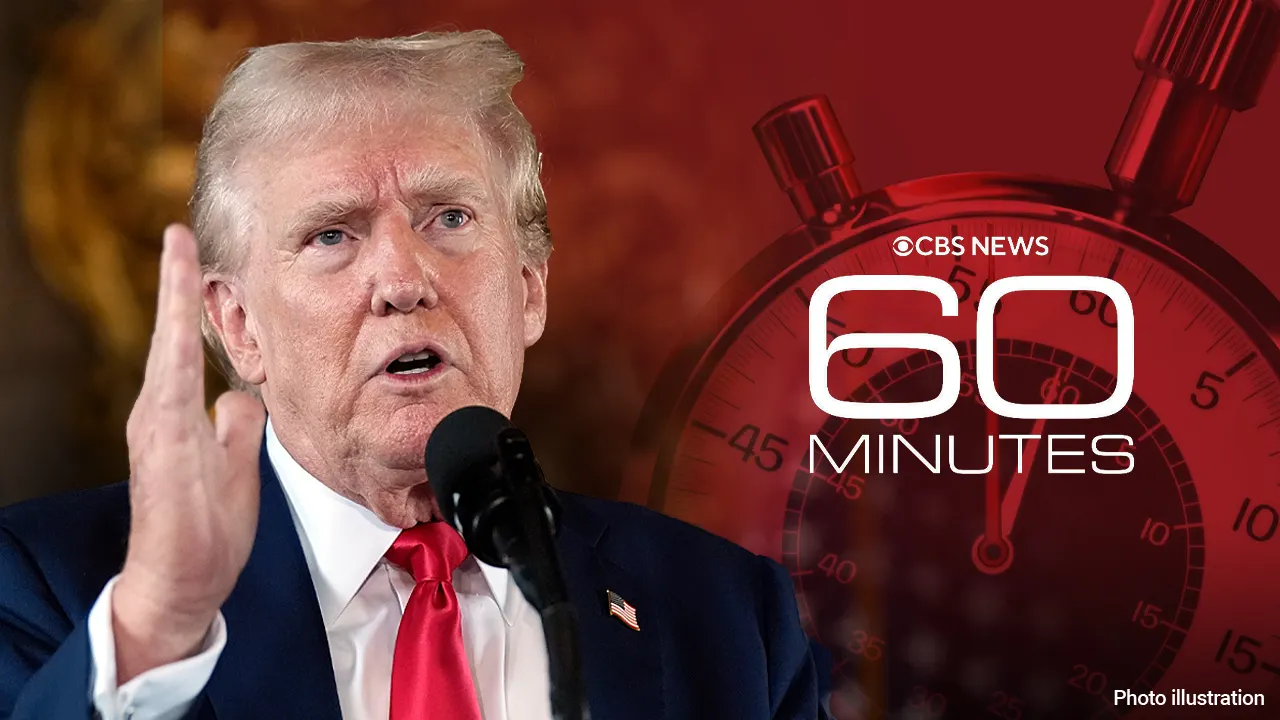Landmark Settlement Signals Media Retreat
Paramount Global, owner of CBS, quietly resolved President Trump’s private lawsuit over a “60 Minutes” interview, drawing attention to media compliance with executive pressures. This settlement, reportedly worth $16 million, was formally announced on Tuesday, easing the path for a proposed merger with Skydance Media—with FCC approval hinging on the outcome.
Independent Journalism Takes a Hit
CBS’s decision follows a wider pattern: other national outlets have made similar concessions. The Washington Post reportedly softened critical editorials, while Disney settled a dispute tied to ABC coverage. In Canada, Meta agreed to a $25 million settlement concerning Trump’s X (formerly Twitter) suspension. Together, these moves provoke concern among observers about newsroom autonomy.
Trump Frames the Deal as a “Win for the People”
Trump’s legal team celebrated the settlement on social media, asserting it demonstrates accountability for “Fake News.” Meanwhile, legal experts caution the claims lack merit under the First Amendment. Some observers describe this as a calculated corporate decision to avoid costly litigation—not a reflection on factual integrity.
CBS Leaders Cite Business and Risk Management
Paramount co-CEO George Cheeks defended the move, stating: “Settlements prevent unpredictability, potential financial losses, and reputation damage.” CBS executives privately told staff the outcome was anticipated, and were careful to note that no formal apology had been issued.
Editors and Staff Feel the Backlash
Newsroom sources revealed a sense of muted concern—many staff members were described as disheartened, though not overtly angry. The settlement is seen as troubling for “60 Minutes,” an institution known for rigorous editorial standards.
Broader Ownership Pressures on Press Freedom
The resignations of opinion pieces at outlets such as the L.A. Times and Washington Post followed similar editorial retreats. Critics point to financial ties between billionaire owners and the Trump era as a factor compromising independent coverage—raising concerns about democracy’s watchdog role.
Legal Scholars Alarmed
First Amendment advocates liken these settlements to coercive pressure, warning that allowing lawsuits in this manner sets a dangerous path. Calls for congressional or judicial review have emerged, questioning whether settlements tied to political leverage may violate campaign finance laws.
What’s at Stake: Safeguarding Editorial Autonomy
As media and legal professionals debate whether CBS’s settlement was strategically sound—or a compromise of journalistic duty—the episode spotlights a critical dilemma: can major outlets resist or must they comply when facing legal and financial pressure? The answer could chart the future of press freedom and corporate influence in democratic societies.







